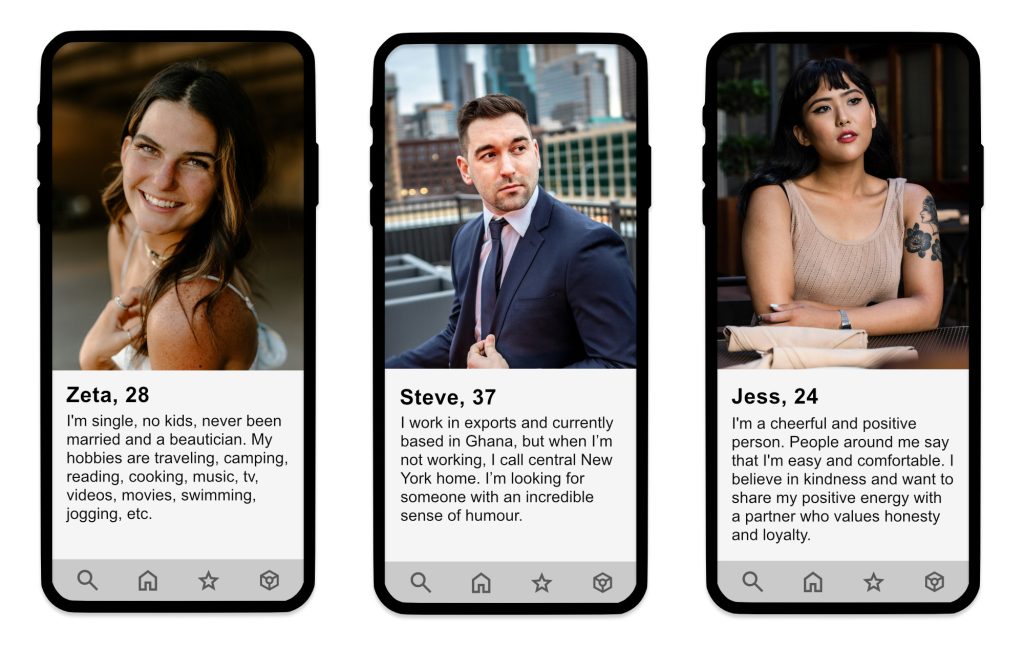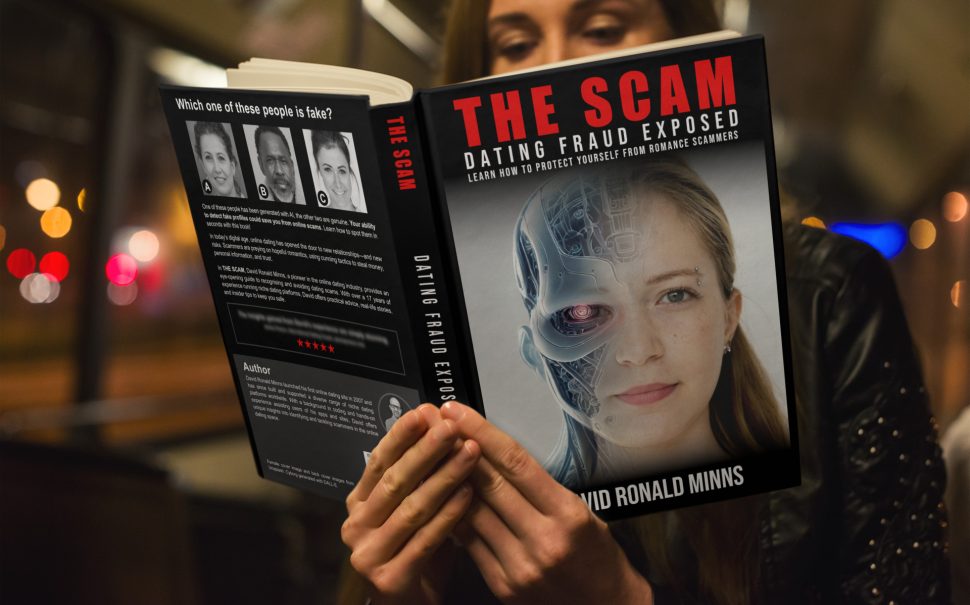We’re less than one month away from Valentine’s Day, and many are searching for a new romantic partner for the big occasion. But romance scams remain an ever-present threat for those dating online.
Someone who is familiar with preventing these scams is David Minns, who currently runs 16 dating sites. In his new book THE SCAM: Dating Fraud Exposed, he shares his advice on how to date safely online, and his concerns about AI being used for fraud.
Romance fraud refers to when a scammer becomes romantically involved with a victim to earn their trust and then scam them or blackmail them for financial gain.
Nearly £93 million was lost to romance scams in 2023, according to the UK’s National Fraud Intelligence Bureau. More than 8,036 reports were made to the agency that year, with an average loss of £11,500 per victim.
Top tips for dating safety
There are three key ways to detect a romance scammer when online dating, Minns explained.
Firstly, daters should be alert from even the first message they receive from a new match.
If someone immediately declares their love or comes on very strong, this is an unnatural behaviour that aims to gain trust quickly.
He said: “Those kinds of initial messages, if there are these red flags – you know it’s not a natural way to start a conversation.”
Secondly, scammers will try to move a conversation away from the dating site and onto a messaging platform like WhatsApp.
This is because dating apps have tools that can detect unusual behaviour, whereas messaging apps often don’t have these protections.
For example, dating apps automatically recognise a potential red flag when someone sends their phone number in the chat.
To get around this, Minns has seen scammers send their phone numbers written out (four, eight, one), written phonetically (for ate won), and even in roman numerals (IV VIII I).
Thirdly, profile photos can be a giveaway of something suspicious. If these photos look like they’re expensive professional images – it’s unlikely that they will belong to a regular person.
Minns added: “For somebody with a London-based profile, look at their room in the background and see if all the power sockets are American. Or they have foreign license plates.”
This can help to establish whether someone is being truthful about their location, or whether these are photos being used maliciously.
“A little bit of detective work can go a long way.”
The threat of AI
Artificial intelligence (AI) is rapidly becoming more sophisticated, posing a challenge for dating platforms that are looking to prevent these bots from causing harm.
Minns said: “Going forward, I don’t know what to say. People have no chance whatsoever.
“Unless you go and physically meet someone face to face, there’ll be no way to validate whether a person is who they say they are.”

In the past, platforms could recognise the same script being used by scammers in their messages to victims. AI can now create more realistic messages that don’t fit the usual model of these formulaic conversations.
“’Write me 50 opening messages that don’t sound like a scammer.’ AI is not going to know it’s for a scam. It’s just going to give them to you.”
AI is also capable of creating unique images of a fake person, he said. This is a powerful tool as these images won’t return any results if victims try to reverse image search them, making them harder to detect as fakes.

Fortunately, AI image creators are still struggling with some aspects of the human appearance, such as earrings or the correct number of fingers on a human hand.
Supporting niche communities
Minns refers to himself as ‘The Niche Online Dating Man™’. He specialises in creating apps that appeal to communities with specific or unorthodox attractions.
His app ‘Dinky One’ is designed for men with a below average penis size and for those who are looking for that trait. Another creation of his is ‘Age Gap Dating’, where users can only match with those 20 years older or 20 years younger than themselves.
In response to the ‘hatfishing’ trend – where men would wear hats on a first date to hide that they’re bald – Minns was inspired to help these men embrace who they are. This was the inspiration behind his platform ‘Bald Dating’.
The Cheshire-based entrepreneur goes through phases, sometimes focusing on coding, other times marketing, and then “an out there wacky creation phase”.
THE SCAM: Dating Fraud Exposed is available in physical or digital editions, on Amazon and on David Minns’ website.
